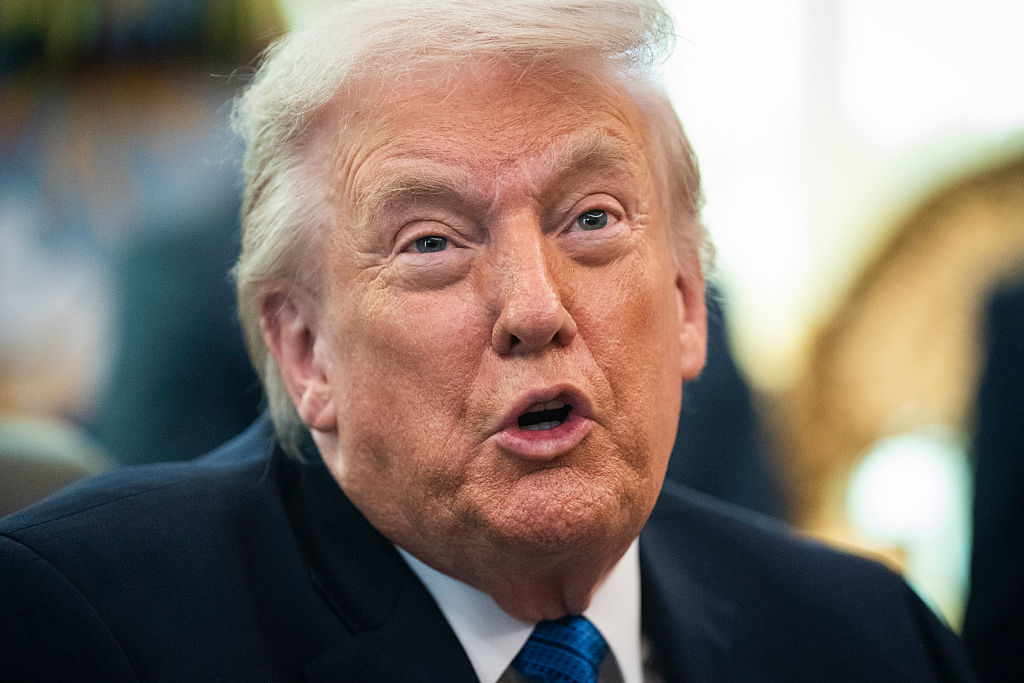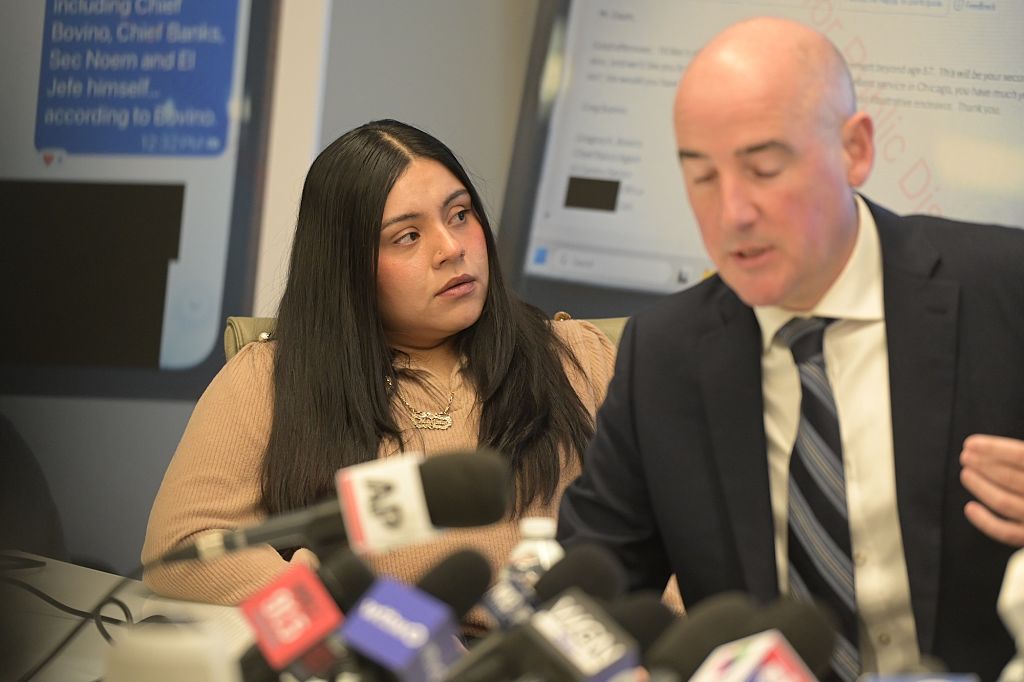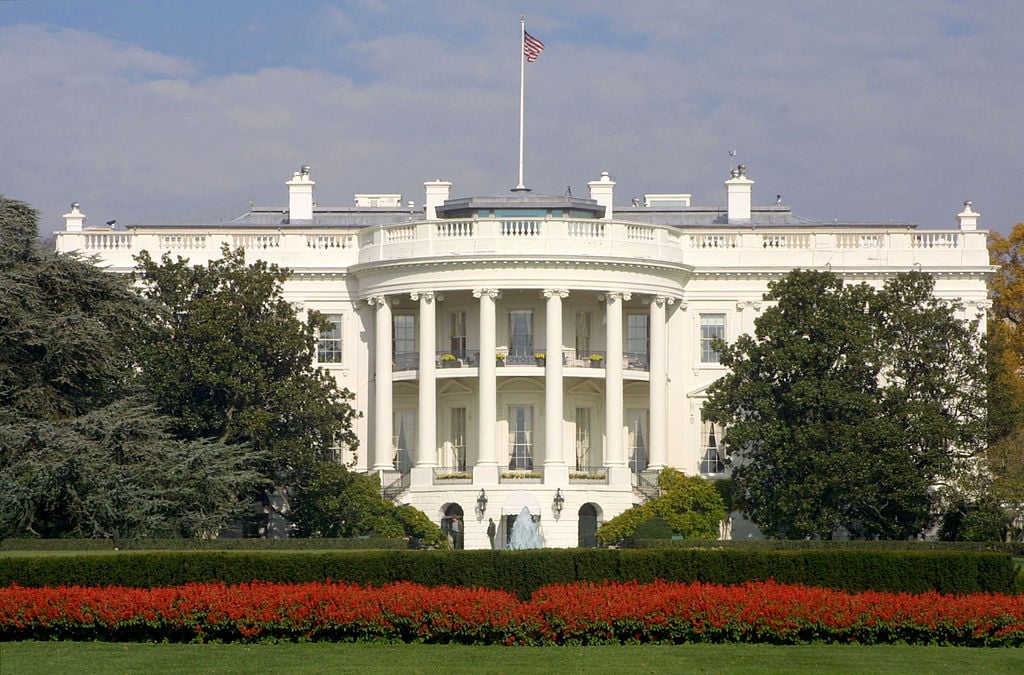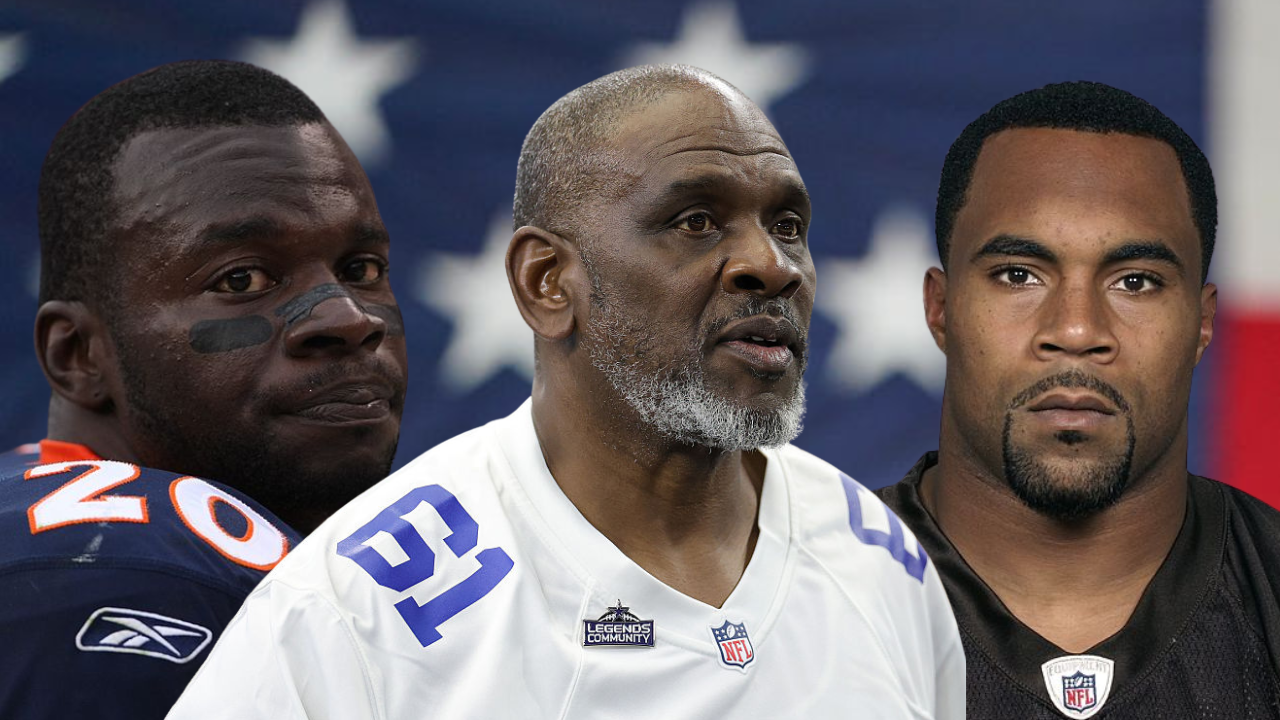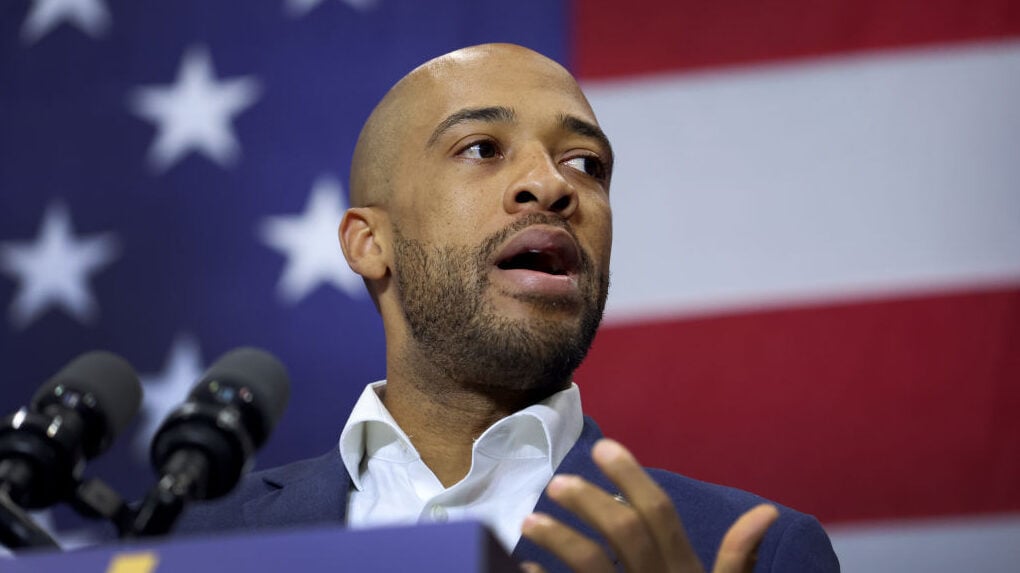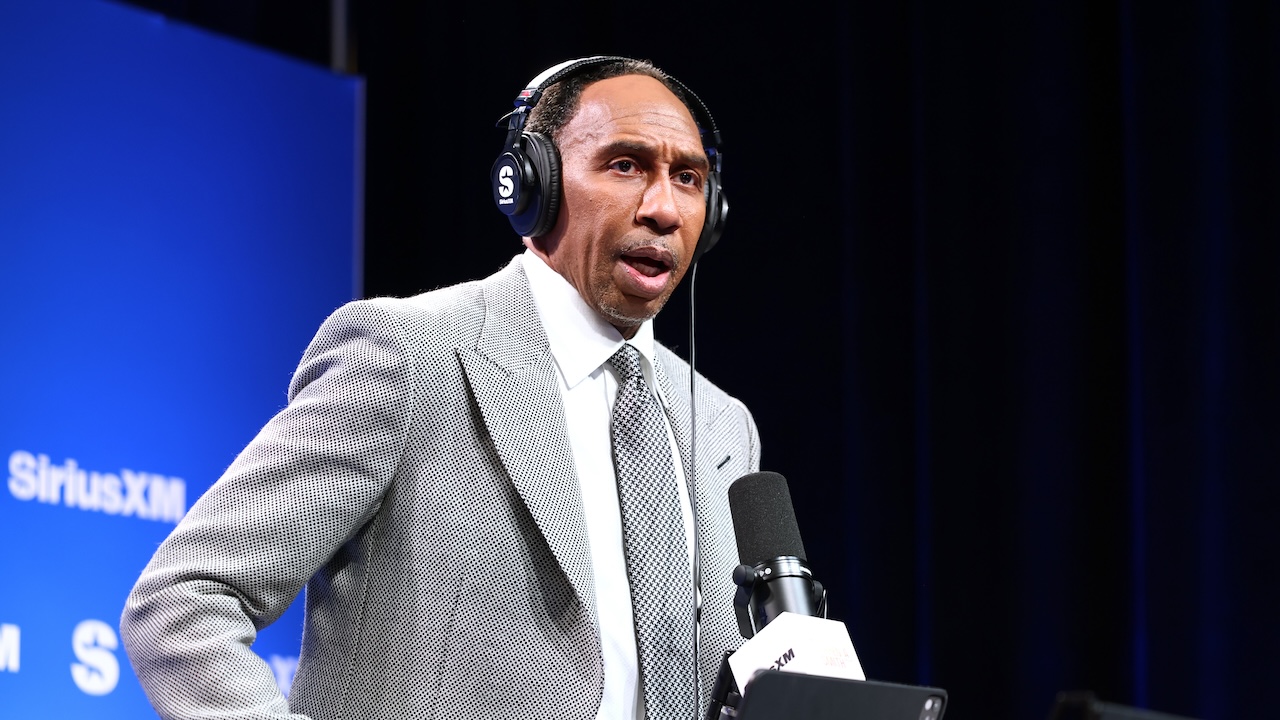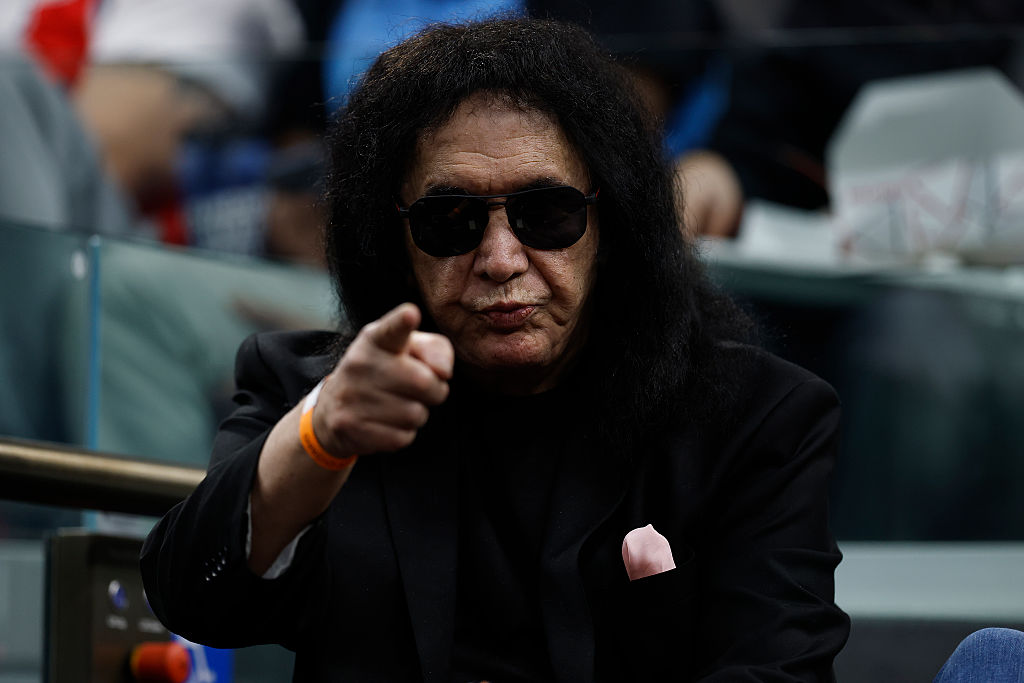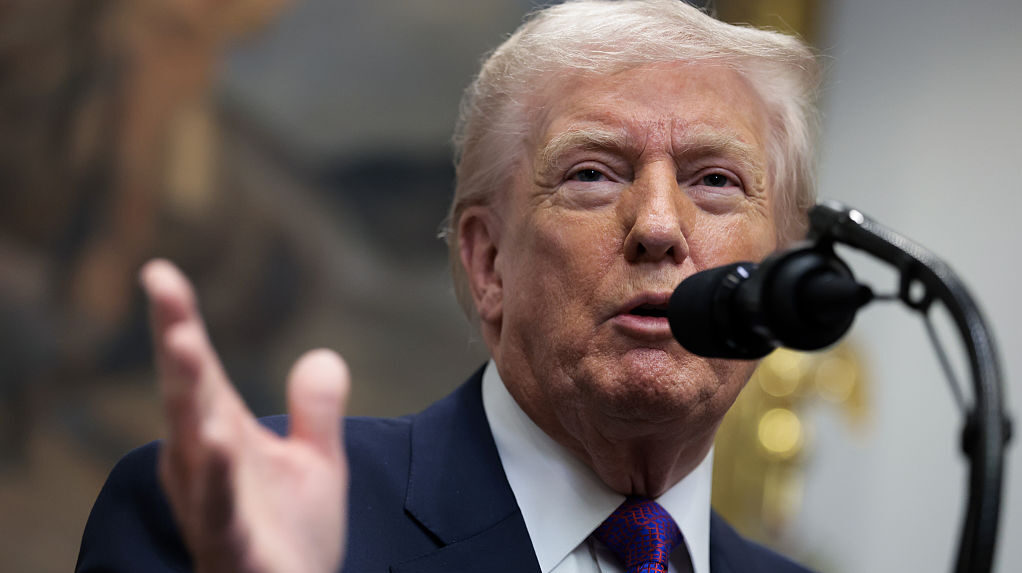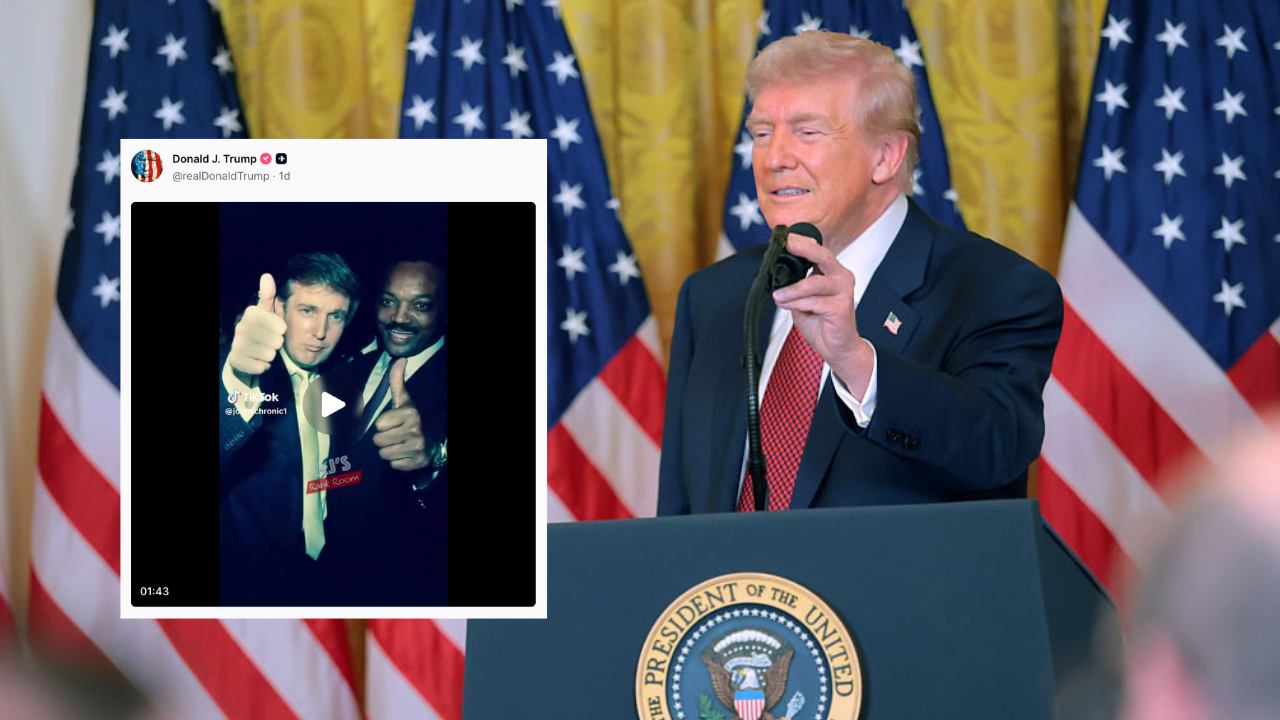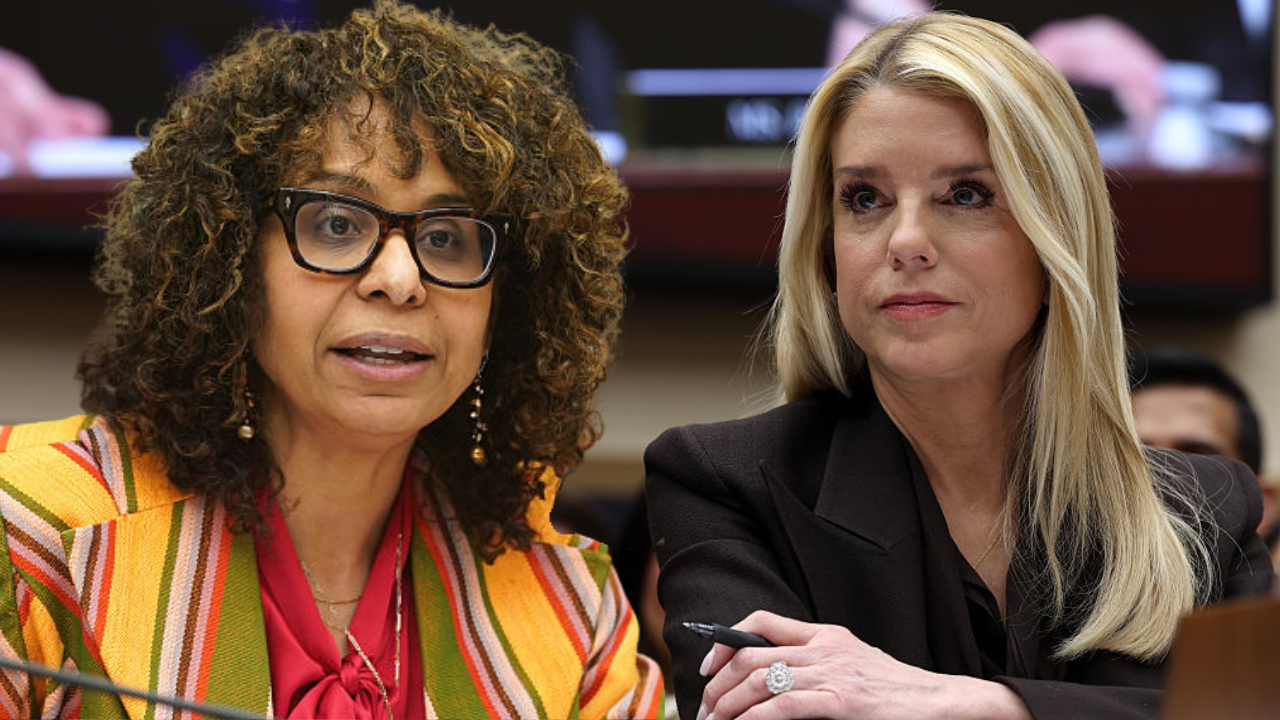‘It puts a target on our back’: Trump’s war on DEI and beards in military further ostracizes Black service members
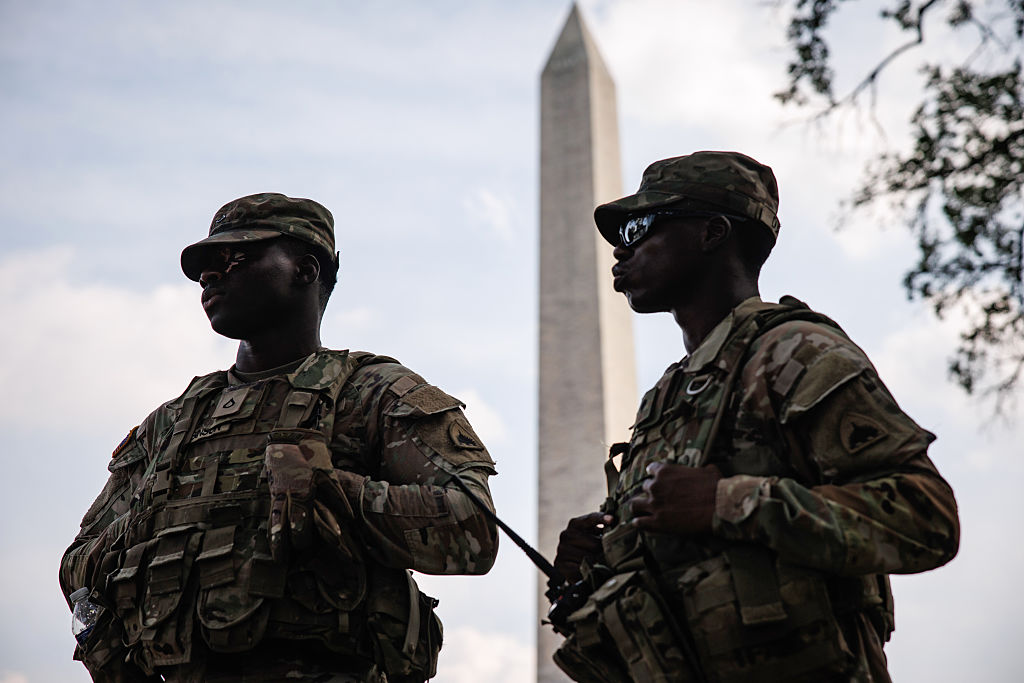
“It’s just a complete slap in the face for all the minorities who actually give a damn about the country. We fight the good fight, just like everyone else,” said Marine Corps veteran Shadic Anderson.
The Trump administration’s war on DEI is having a chilling effect on Black military service members, as advocates warn it’s part of a broader objective to exclude Black Americans from every corner of the federal government.
Last week, President Donald Trump and Defense Secretary Pete Hegseth delivered highly politicized speeches before the military’s top generals and admirals. They doubled down on their belief that diversity, equity, and inclusion policies lower the standard of so-called “fitness” and “preparedness” for the U.S. Armed Forces.
The Trump administration’s perceived hostility toward Black military troops was especially exemplified in a reversal of a decades-old grooming policy that allowed mostly Black service members to receive waivers and avoid having to shave due to a skin condition known as pseudofolliculitis, or PFB, which causes painful bumps. The condition affects 60% of Black men, according to the American Osteopathic College of Dermatology.
“The era of unprofessional appearance is over. No more beardos,” Hegseth said to the room of hundreds of military leaders.
“The Pentagon’s new grooming standards expose a broader assault on Black identity despite its guise of ‘uniformity,'” said NAACP President Derrick Johnson in a statement provided to theGrio.
“President Trump is waging a Cold War against Black people in real time — pushing the goals of Project 2025 to exclude us out of government service. This calculated and coordinated effort by his administration only further weakens our democracy instead of strengthening it by reflecting the full diversity of our servicemen.” 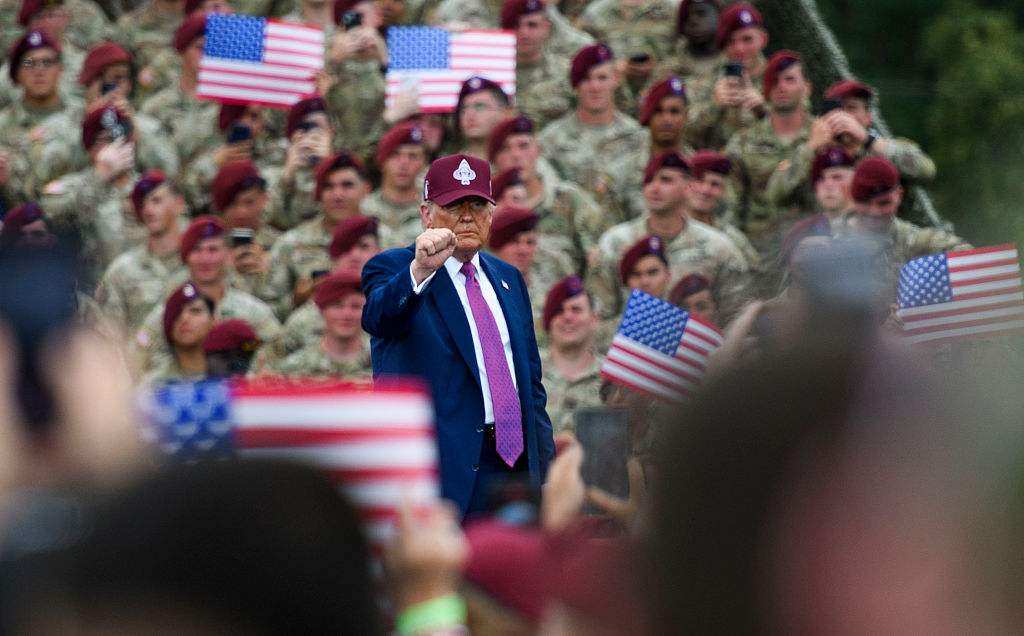
Ed Anderson, a Black veteran who served in the U.S. Air Force, told theGrio that the new grooming policy is “government-sanctioned overt racism.”
“They’re not hiding behind anything. They are just blatantly putting it out there,” said Anderson, who is now a lead organizer for Common Defense, a grassroots veterans advocacy organization. “I just look at this as a continuing assault on people of color, because they can do it…It’s got nothing to do with the quality of force or anything like that.”
Anderson suffered from the same skin condition at the heart of the now-defunct shaving waiver. However, when he served during the Vietnam War, many Black service members got the waiver to be “in solidarity” with one another, he explained.
Shadic Anderson (no relation to Ed), a post 9/11 Marine Corps veteran who served from 2012 to 2020, also suffered from the skin condition and received a permanent shave waiver. He described the skin condition as extremely “painful” and “devastating.”
“I had it to the point where it was all under my face and on the back of my head at one point,” Shadic, also a Common Defense member, told theGrio.
“If you are one of many that has the condition…people are going to look at you extremely differently. And if it were implemented back in the time when I was in [the military], it would force me out,” explained Shadic Anderson. “There would have been no way I would have been able to stay through the pain, the itching.”
Shadic shared that due to his Military Occupational Specialty (MOS) as an infantryman, he was often in the field in different countries. “There’s no real, like, help or solution for me when my face is breaking out to the point where, like, I’m bleeding, you know…I’m liable for infection and all that other stuff,” he explained.
The former Marine said he even tried to do laser hair removal, but it didn’t work.
Secretary Hegseth argued that the no-beard policy was about establishing “uniformity” within the military, but Black veterans say they see no purpose for such an ethos.
“Even my provider said, ‘We don’t know why they’re still forcing you guys to even shave,'” said Shadic, who said service members had to get annual documentation from a doctor’s office.
“It’s just a complete slap in the face for all the minorities who actually give a damn about the country. We fight the good fight, just like everyone else,” he said. 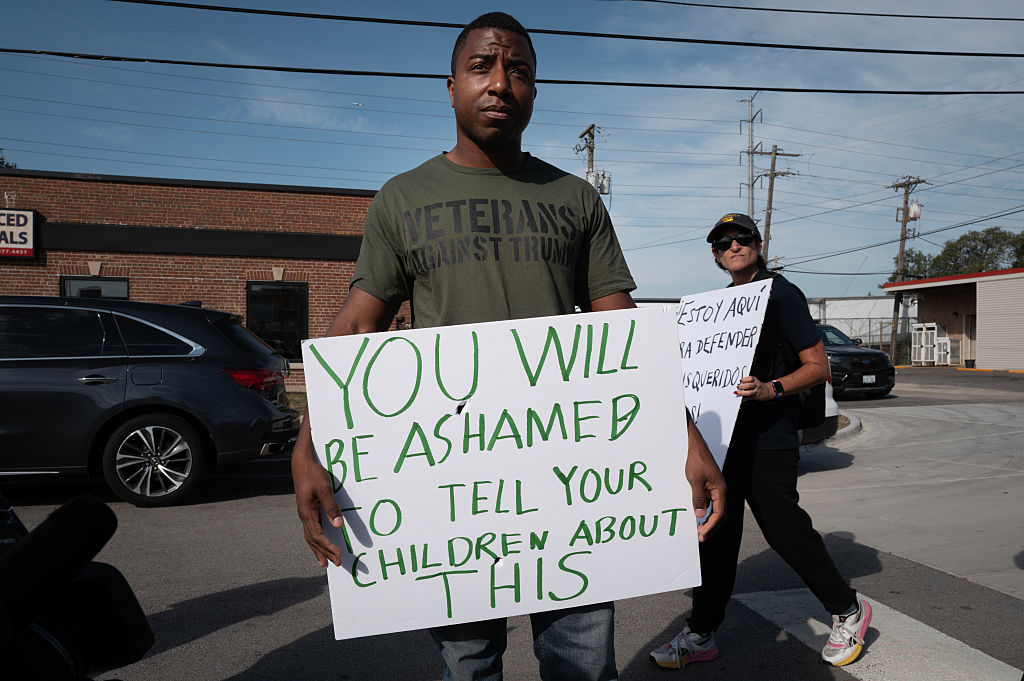
Ed Anderson said President Trump likely pressed upon the fixation on uniformity, which he noted was likely influenced by foreign countries he’s visited, like the U.K., where military units like the Royal Guard exhibit such uniformity.
He also referenced Trump’s past military high school experience and the role it may have played in shaping his views.
“It tells me he was an a—hole,” said Anderson.
“I grew up near Valley Forge Military Academy in suburban Philadelphia in the ’70s, and a lot of rich kids were sent to that school because they were incorrigible,” he recalled. “So the toy soldier thing has, I think, stayed with Trump from all of this. And certainly the fact that he’s a professional draft dodger. It certainly speaks to the hypocrisy of it all.”
Ed Anderson added, “But I think they just have this vision of toy soldiers, like on a Broadway show, where everybody just looks exactly the same. And that’s not the real world.”
As a result of the Pentagon’s DEI rollbacks, Black veterans say there will be a major drop in the number of Black Americans who can serve in the military or be promoted amongst its ranks.
“There’s going to be a massive shift in ranks, and there’s going to be a recruiting shortfall, because at the end of the day, this is something that targets a specific group of individuals,” said Shadic Anderson. “It may not be the infantry, but it’s other branches of the military, like the Navy, the Army, and other branches. So it’s going to affect the retention, because obviously people are going to be forced out.”
Empathizing with Black military members, Shadic said the Trump administration’s agenda further ostracizes an “already ostracized community even more.”
“It puts a target on our back, even though we still get up, grind as hard, if not harder than the rest of the folks, and still could be looked at crazy for doing what they expect us not to do,” he said.
What's Your Reaction?
 Like
0
Like
0
 Dislike
0
Dislike
0
 Love
0
Love
0
 Funny
0
Funny
0
 Angry
0
Angry
0
 Sad
0
Sad
0
 Wow
0
Wow
0




